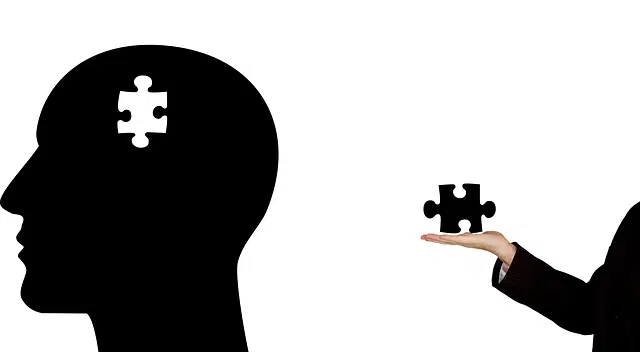
Psychotherapy contributes to mental health.
Before entering fully into defining the word psychotherapy, it is necessary to proceed to establish its etymological origin. This is found in Greek and more specifically in the union of two terms: on the one hand, there is psycho ( psyche ) which could be translated as "soul" and on the other hand there is therapy ( therapy ) which would mean "treatment."
Starting from this meaning, it could be said in a simple way that psychotherapy is the treatment carried out by a health professional ( psychotherapist ) to ensure that a patient in question can achieve a series of improvements and positive changes in regards to their behavior, their mental and physical health , their adaptation to the environment or their psychological identity.
In this sense, it is common that people often go to receive psychotherapy because they have behavioral problems, chronic sadness, inadequate eating patterns, relationship conflicts, problems with drug use, school failure or sexual dissatisfaction .
Psychotherapy concept
The communicative link established between a psychotherapist (an expert who has been prepared to evaluate conditions and propose alternatives to modify the life of those who require his help) and the person who requests his professional services (recognized by the name of patient ) is known as psychotherapy . This treatment is recommended and used when seeking to increase the patient's well-being and promote changes in their daily behavior , attitudes and thoughts .
It should be noted that the term psychotherapy is not defined under a specific scientific criterion, but rather allows to name a wide range of scientific nature that is reflected in different theoretical and practical orientations. Psychotherapy contemplates a wide variety of approaches and theoretical definitions linked to this field that determine different ways of conditioning and approaching communication between the psychotherapist and each of his patients.
Among the different lines of psychotherapy, we can mention the psychoanalytic , behavioral , humanistic and constructivist currents, among others.

The key to psychotherapy is the bond established between the psychotherapist and the patient.
Contact between the professional and the patient
It is also interesting to mention that there are two aspects that are repeated in all currents of psychotherapy: the direct and personal contact between the specialist and the person who comes to him to start a treatment, especially through dialogue, and the quality of the therapeutic relationship. of the context of communication , that is, the help intended to achieve a change in the patient. In any case, in recent years a new form of remote psychological intervention through the Internet has been developed, known as cyberpsychotherapy .
This is a way for anyone who, due to problems with their professional schedule or personal obligations, cannot attend a psychotherapist's clinic or center. Thus, thanks to the Internet and from your home and when it best suits you, you can be in contact with said professional and receive the treatment you need to put an end to the problem that worries you and that is harming you in your daily life.
It is important to note that psychotherapy implies respect and compliance with a code of ethics , which establishes bases on the privacy and confidentiality of the information exchanged within the framework of communication between the psychotherapist and the patient.
